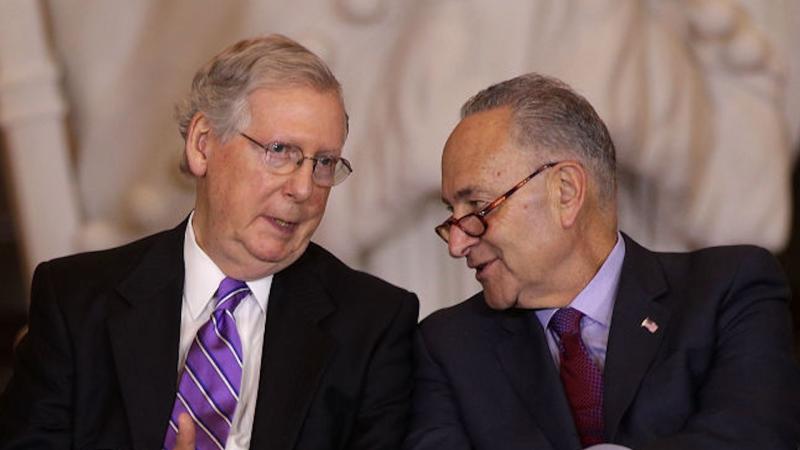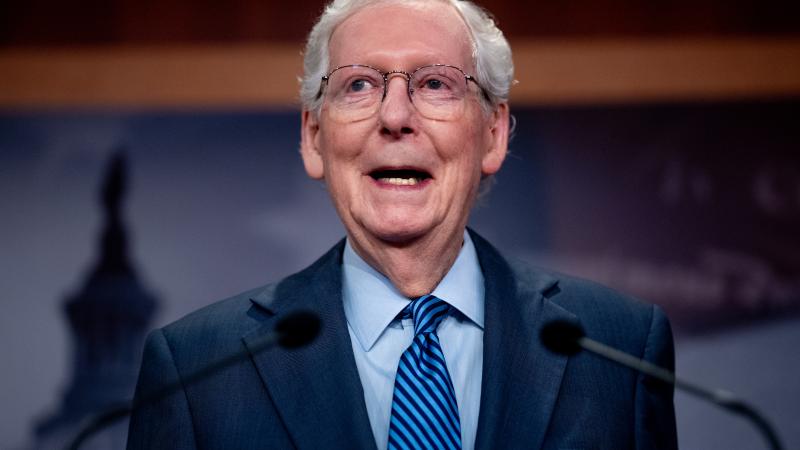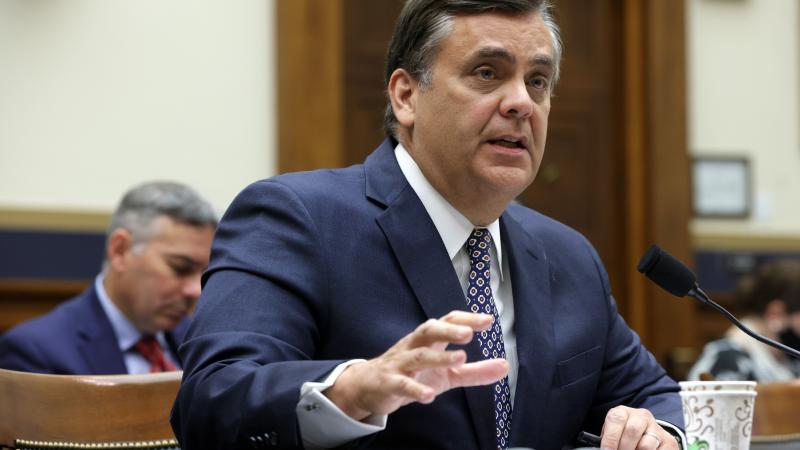New study shows benefit of educational choices in rural US, argues for policy changes to add options
The study authors argue, "No one school can meet the needs of all children who just happen to live nearby."
The challenge to provide children in rural America with the best possible education should include a range of options including the enactment of more school-choice policies including the broadening of charter school laws and K-12 education saving accounts, according to a study being released Monday by the Heritage Foundation.
"No one school can meet the needs of all children who just happen to live nearby. Families in rural areas deserve more education options,” say the authors of the report from the Washington, D.C.-based conservative policy think tank.
Authors Jason Bedrick and Matthew Ladner also provide data in their 39-page study that challenges the argument that the implementation of such policy changes will only hurt public school systems in rural parts of the country.
"Opponents of education choice often make two mutually exclusive arguments about its effect on rural areas: Education choice will not help in rural areas because there are few or no alternatives to the district school system and education choice will destroy the district school system because so many students will leave for alternative options," write Bedrick, a research fellow at the foundation’s Center for Education Policy, and Ladner, who has a doctorate degree and is the director of the Arizona Center for Student Opportunity at the Arizona Charter School Association.
"These two claims are mutually exclusive," they also argue. "They cannot both be true, but they can both be – and indeed are – false."
The study found that about 70% of rural families live within 10 miles of a private elementary school and points to Arizona – in which roughly eight in 10 students live in the same zip code as at least one charter school.
The study also cites recent data from the National Assessment of Educational Progress for Arizona, the state with the greatest access to education choice, that does not support the argument that educational choice has been harmful to the rural district schools.
In the most recent National Assessment of Education Progress exams, taken after the impact of the COVID-19 pandemic in 2022, the study found, Arizona charter schools demonstrated scores on the eighth-grade math and reading exams that would rank first and second compared to statewide averages nationwide.
"Indeed, the best available evidence indicates that education choice is the rising tide that lifts all boats," write the authors, who also call upon lawmakers to enact policy changes that increase educational opportunities for children in rural America.
On the issue of education during the pandemic, the authors wrote, "Parents nationwide awakened to the need for education choice. Whether frustrated by unnecessarily long and union-driven school shutdowns, low-quality instruction via Zoom video, or the general lack of responsiveness of their assigned schools to their children’s needs, parents realized that their children would be better off with more education options."
On a national level, the most recent data show roughly 14% of the U.S. population lives in rural areas, down from 16% in the 2000 census. And about 85% of rural K–12 students in the U.S. attend a public school, either assigned or chosen (such as charter schools, magnet schools, or out-of-district public schools.)
Similar to urban America, about 10% of rural students attend a private school and nearly 5% of rural students are homeschoolers, which is about twice the proportion of students in cities, suburbs and towns, also according to the study.
The Facts Inside Our Reporter's Notebook
Documents
File















